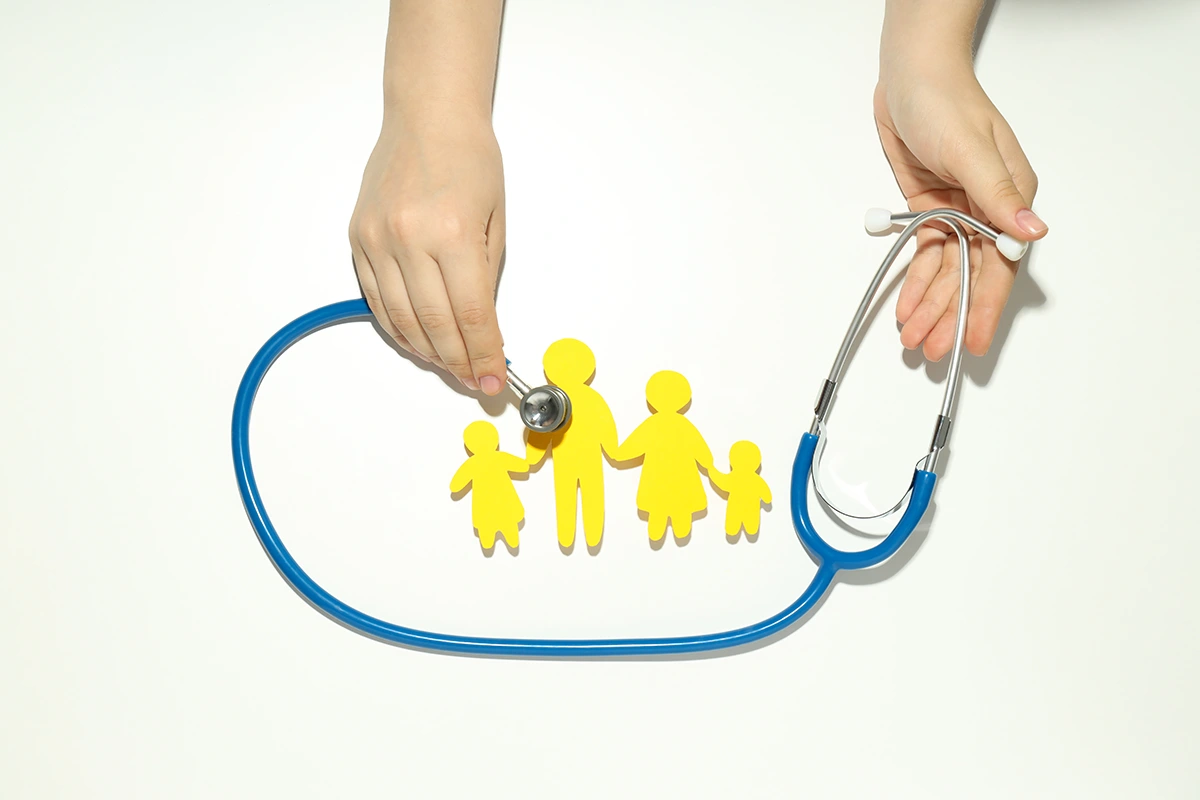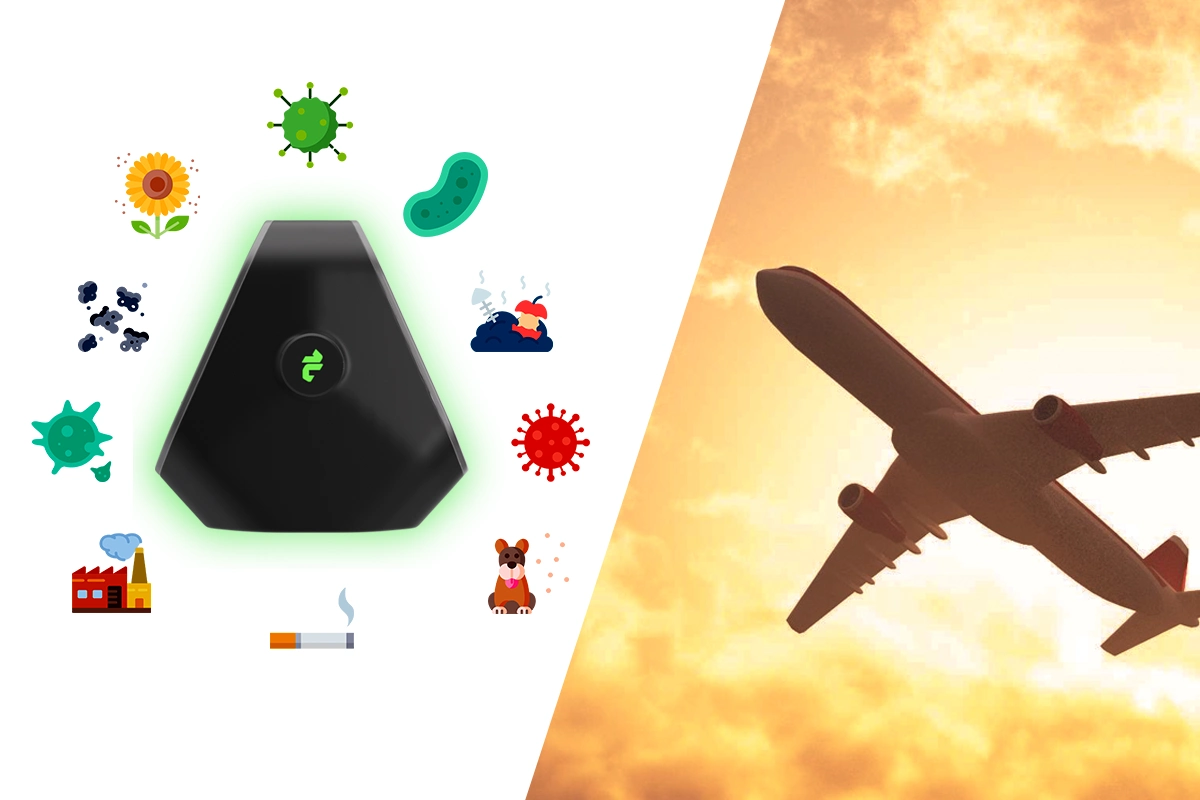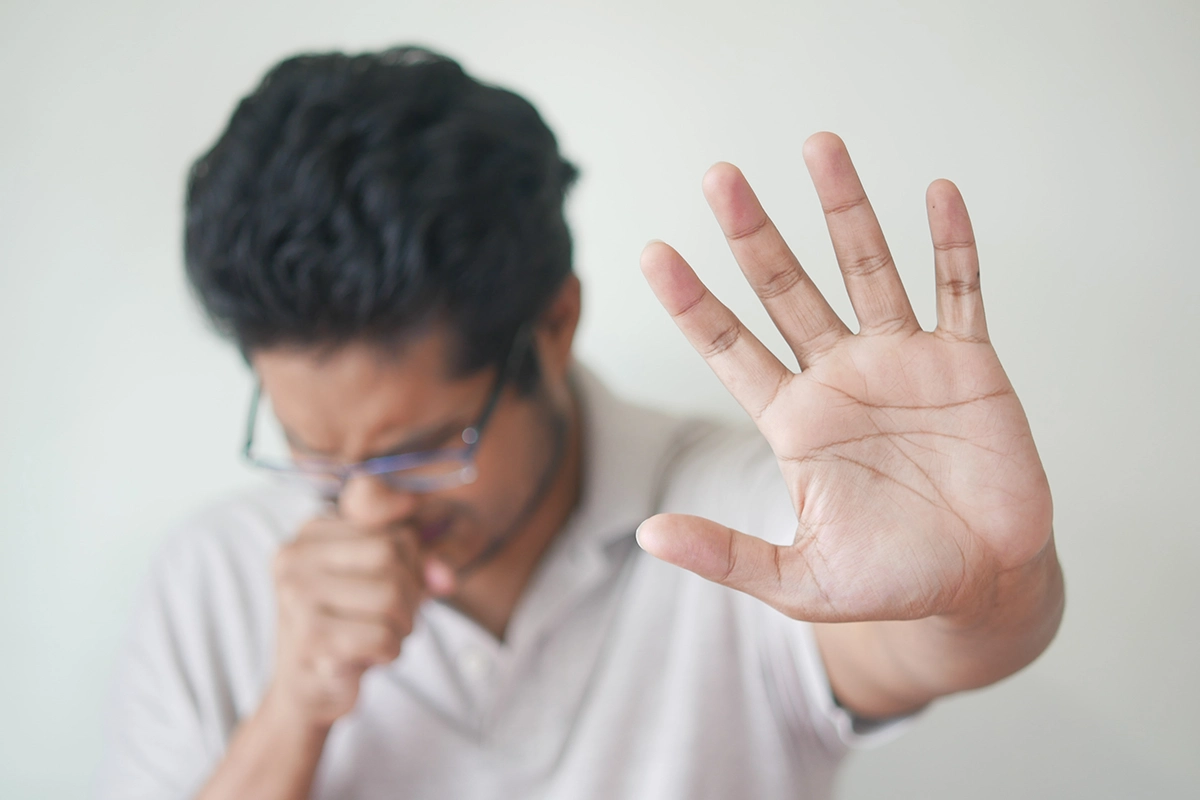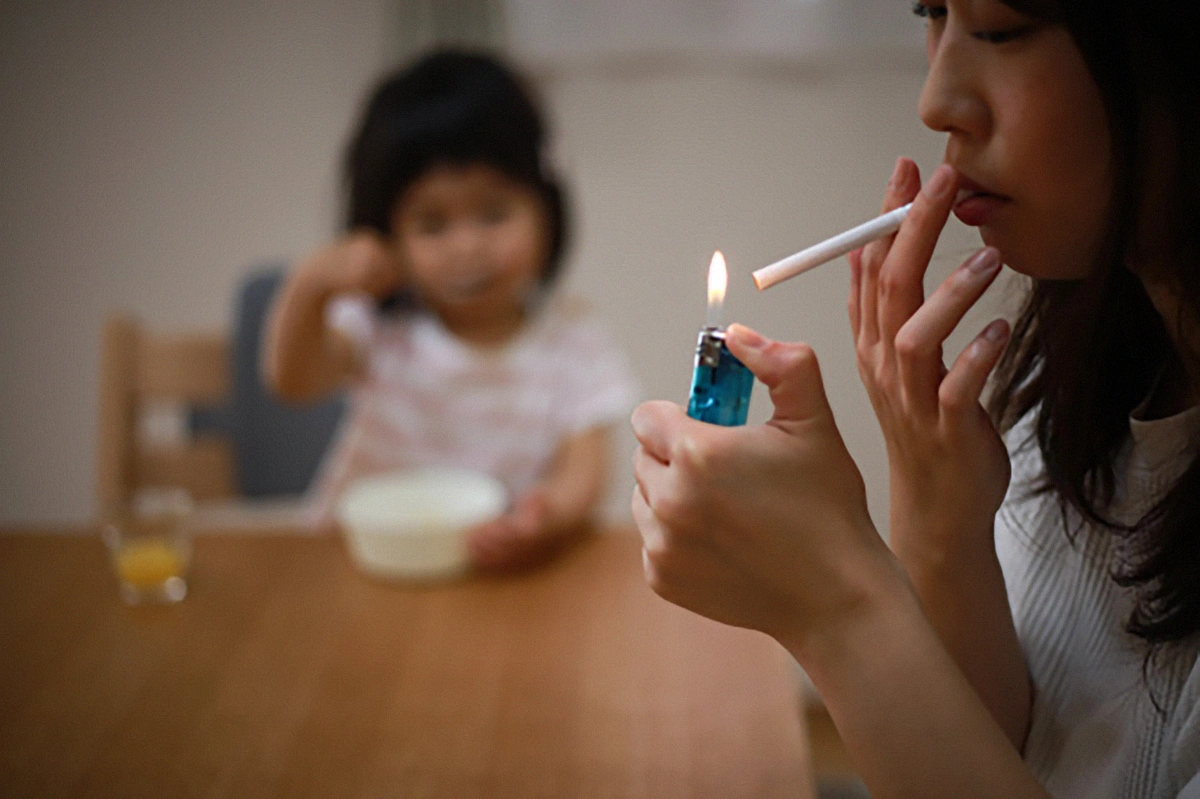
How do we ensure clean air or Air Security as a human right?
You have roughly one in two chances of inhaling air that exceeds World Health Organization standards for air pollution if
1. Impacts on Central Nervous System
A number of guidelines have been introduced by the WHO to protect air quality, specifically in relation to the particulate nature of matter. This indicates the dangers it poses to the human body. Children and foetuses are the major targets, as they are at risk of developing permanent brain damage or neurological disorders as adults.
2. Respiratory Problems
Due to the air quality that we breathe, a variety of respiratory problems occur like asthma, chronic obstructive pulmonary disease (COPD), lung issues, emphysema, etc. These ailments make it difficult for us to breathe, especially in children up to 5 years of age.
It’s been observed that a lot of preterm births, birth defects related to lungs, and pregnant women suffer from such hazards. Children are more prone to diseases like respiratory tract infections as their body is still growing. Bronchitis is common nowadays and is seen as a normal illness, while it can completely damage our lungs. Moreover, the emission of chemical gases, soot, and other pollutants are harming our bodies like nothing.
Timely air sanitization techniques must be adapted to ensure air quality standards. A recent study by scientists reveals that there are microplastic particles in human blood, a curse to humanity. The only possible way that these have entered our body is through breathing.
3. Cardiovascular Diseases
Ischemic heart disease is when there is blood clotting in the heart, causing difficulty for the heart to pump blood in the whole body. Naturally, it can cause cardiac arrest and lead to death. Air pollution causes particulate matter to enter our body and block the artery which can result in cardiovascular diseases.
This can also lead to blockage of blood supply to the brain and that can cause strokes, leading to fatal deaths.
4. Cancer
we’ve to deal with serious illnesses like lung and breast cancer. Industries release gases such as benzene, methylene chloride, nitrogen dioxide, carbon monoxide, etc which makes workers more susceptible to diseases like this than any other.
5. Skin & Hair Issues
In this fast-paced life, we’re more exposed to pollution, dust & dirt. We’re not alone in the journey of unexplanatory hair loss and acne. When all these unwanted gases, chemicals & particulate matter settle on our scalp, we’re bound to lead to a condition called “Sensitive Scalp Syndrome”.
We become infected when polluted particles settle on our hair shaft and penetrate our skin through open pores. Resulting in premature greying, hair loss, baldness, etc. In addition, the skin experiences acne, redness, eczema, dullness, premature ageing, and sensitivity.
Having known all the diseases that affect us due to air pollution, let us overview the types of air pollutants affecting us.
As we tend to spend most of the time indoors in our house, office, car, gym, etc. Indoor air pollution is beatable by the use of new technology in electronics, choose wisely for your healthier tomorrow. Having the latest technologies for purifying air quality at home for timely air sanitization is recommended.
We’ve surely created a better world to live in, but now it’s time to create a better environment to breathe in.

You have roughly one in two chances of inhaling air that exceeds World Health Organization standards for air pollution if

It’s funny how often we get confused between Air security and Aviation security, but we fail to realise how both

While both men and women are susceptible to indoor air pollution’s harmful effects, women are more vulnerable to its effects.

As very few people are aware of indoor air pollution, they don’t know how water leaks worsen indoor air quality.

The indoor environment plays an important role in human health. There is a lot of literature describing how indoor air

Tobacco and humans have had a very long association. Archaeologists have found the use of tobacco since 1 BC in